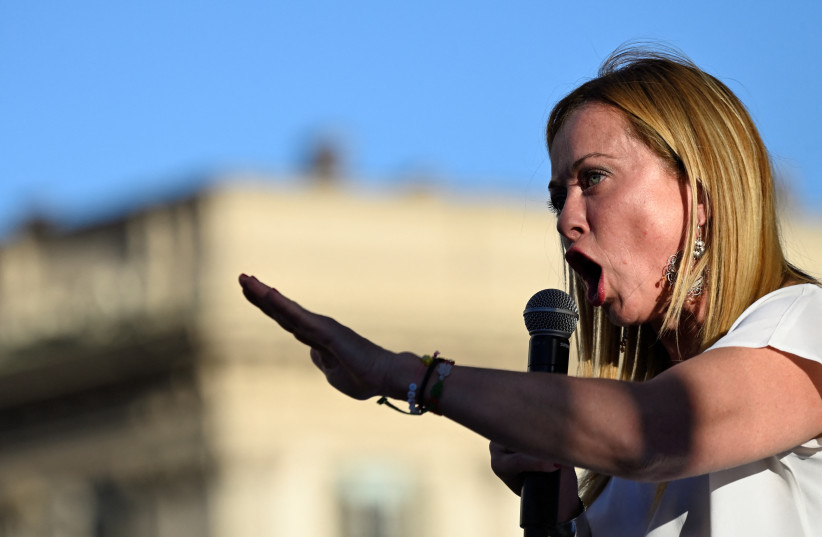Italy's cabinet on Tuesday announced a state of emergency on immigration following a "sharp rise" in flows across the Mediterranean, a statement said, in a move aimed at better management of migrant arrivals and repatriation facilities.
The state of emergency will be backed by initial funding of 5 million euros ($5.45 million), the ministry for sea and civil protection said, and will last for six months.
"Let it be clear, we are not solving the problem, the solution can only depend on responsible intervention by the European Union," said Nello Musumeci, the civil protection minister.
The measure will allow Giorgia Meloni's right-wing government to more quickly repatriate those not allowed to stay in Italy, boosting identification and expulsion orders, a government source said.
The government, in office since October, has pledged to curb mass immigration but some 31,300 migrants have arrived in Italy so far in 2023, interior ministry data shows, up from around 7,900 in the same period last year.

On Monday, the coastguard led rescue operations involving two boats carrying a total of 1,200 people, with charity groups also joining efforts to save lives at sea.
What sparked Italy's state of emergency over migrants?
Following a deadly shipwreck off the southern Italian region of Calabria in late February, Meloni urged the European Union to do more to halt illegal immigration, as she toughened jail terms for human smugglers.
"It is right that the interior ministry and the institutions should have special powers to tackle and manage a complex phenomenon which is putting a strain on some southern regions," Calabria's governor Roberto Occhiuto said in a statement.
($1 = 0.9176 euros)
